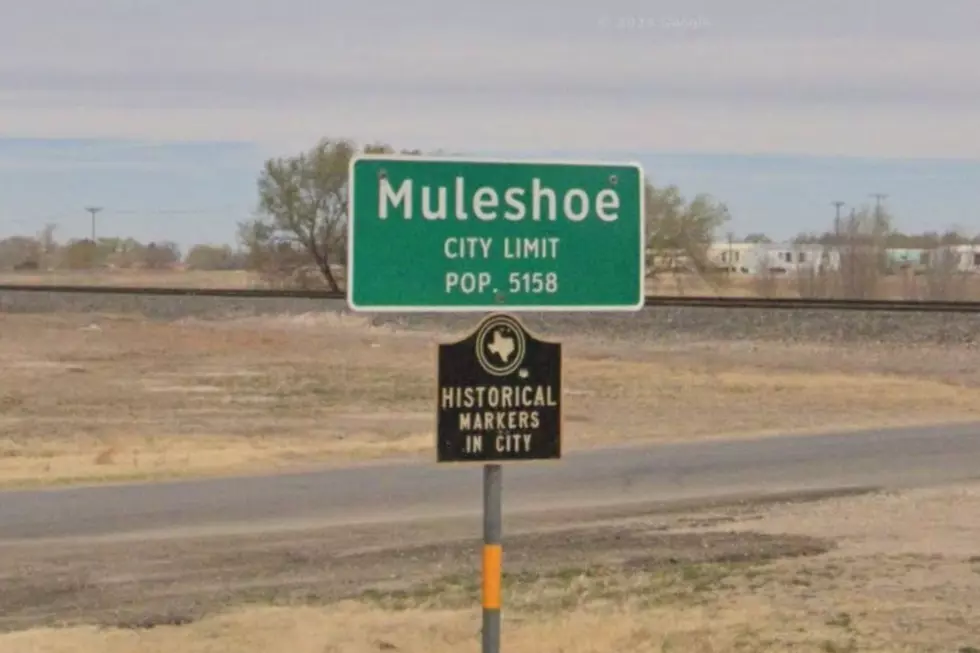
Local Review – Star Trek Into Darkness
Before I begin, let me answer the question everyone will have going into this film: Yes, there’s still plenty of annoying lens flare. Don’t worry, though – it’s not as bad as last time around.
Okay, let’s begin.
"Star Trek Into Darkness", director J.J. Abrams’ second cruise aboard the Enterprise, is a welcome improvement over 2009’s “Star Trek” in several ways. Aside from the toned-down lens flare, there’s a sense that this “Trek” is more in keeping with the humanistic themes explored by the franchise in the past. I’ll do my best to explain how and why without giving away spoilers.
A quick synopsis:
As “Darkness” begins, we join Captain James T. Kirk (Chris Pine) and the crew of the USS Enterprise on a mission to save a planet threatened by a massive volcano. In order to save the life of a crew member stranded in the volcano’s hellish crater, Kirk must decide if he’s willing to pull a major Trek no-no: Breaking the Prime Directive, which states that there can be no Starfleet interference with the internal development of non-warp (read, “primitive”) alien civilizations. Kirk’s actions during this mission, as well as several other run-ins with Starfleet protocol, put his career as a starship captain in jeopardy just as the Enterprise is being primed for a five-year exploratory mission.
Meanwhile, a rogue Starfleet agent with a mysterious grudge conducts a terrorist attack on a Starfleet installation in London and, later, at another high profile location. Kirk and his crew are chosen to apprehend the suspect, but the details of their mission run counter to the peaceful, exploratory nature of Starfleet.
It’s that aspect of the plot that brings “Darkness” closer to its Trek roots than its 2009 predecessor. While the physical conflict between the Enterprise crew and the surprising villains of the film is interesting and exciting, it’s the question of how to reconcile orders with respect for life and dignity that really drives the film. I don’t want to give anything away, but if you see the film, keep your ears open when Scotty (Simon Pegg) speaks. His expressions of uneasiness concerning the mission made him, to me at least, the heart and soul of this movie.
But what everyone seems most excited about is seeing “Sherlock” star Benedict Cumberbatch’s portrayal of the film’s main villain. For my part, I felt much the same way about this character as I felt about Heath Ledger’s Joker in 2008’s “The Dark Knight”: He was almost frustratingly underused, but in a way that enhanced my enjoyment of the character. There’s just enough of this man to keep you fascinated and wanting to know more, but not so much that he feels overplayed.
I do have a few gripes about this film, though. First, I felt like the villain, though brilliantly portrayed by Cumberbatch, wasn’t quite as frightening as he could have been; my reason being that his sinister intellect is often implied, but seldom applied. It has nothing to do with the strategic underuse of the character, but with what I would say is sometimes lazy writing. The character's motivations are also a little underexplored. Long-time fans of Trek shouldn't have any difficulty understanding those motivations, but newcomers may be left scratching their heads at times.
Another issue is the feeling I had -especially in the latter half of the film- that I was being pandered to. “Darkness” was inevitably going to be compared to 1982’s “Star Trek II: The Wrath of Khan”, something cast and crew were fully aware of. There are plenty of fun nods to that film throughout “Darkness”, but at times they can seem more distracting than clever.
That said, the movie is actually great overall. There are some insanely tense, edge-of-your-seat moments in this film, and even an excellent starship stand-off reminiscent of some of the most memorable Trek episodes. The dialogue is much improved from the first film, which aids immensely in making the relationships between the characters feel familial. Family is a major theme of “Darkness”, and I really got the sense that the crew of the Enterprise had solidly forged the relationships that made the original series and films compelling.
I give “Star Trek Into Darkness” 3 out of four stars, and I thank Abrams for toning down the lens flare. You can check out the trailer below.
More From KUSJ-FM









